We want our fruit to taste as good to our customers as if it had just been freshly picked. That’s why we have very strict quality guidelines – from sowing all the way through to delivery to the supermarket. Our growers also aim to grow as naturally as possible. We regularly prune trees and plants and thin them out by hand to be sure the plants get enough light and air. This is important for the longevity of the plant, its health and thus its defence against diseases. And of course, this also ensures splendid, delicious fruits (the traditional mechanical method).
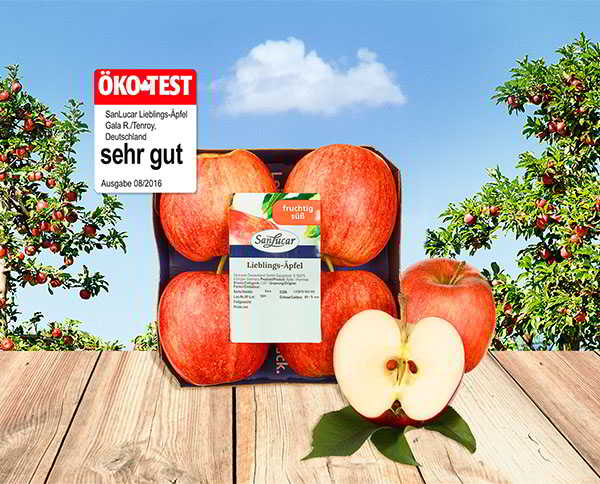
A mix of dry and humid weather is the best basis for healthy and resistant trees and shrubs, developing a natural protection against many pests and diseases.
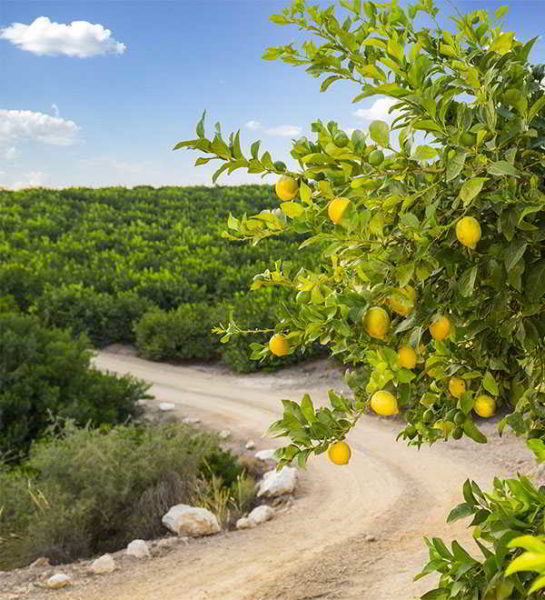
Of course, we do not always have this ideal weather, and periods of drought or even heavy rain and excessive humidity can stress and weaken the plants and make them susceptible to pests and diseases. However, if the plants are strong but infested by pests, we use natural predators (the biological method).


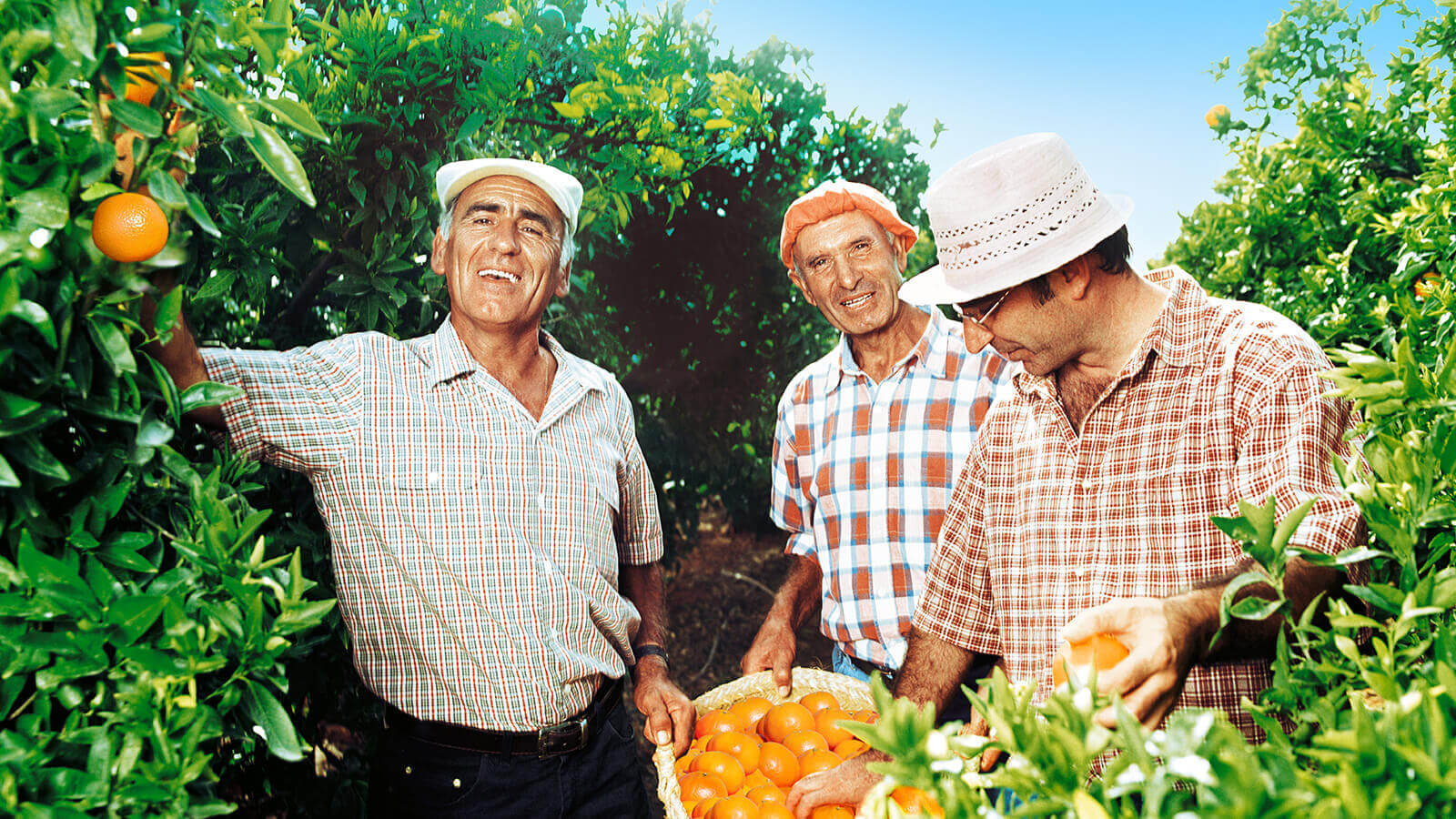
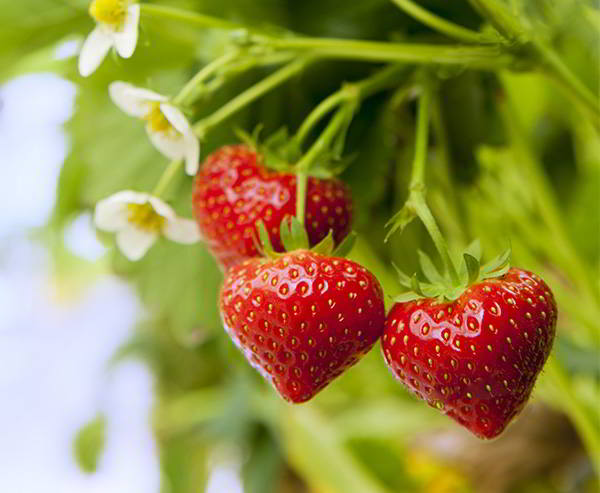
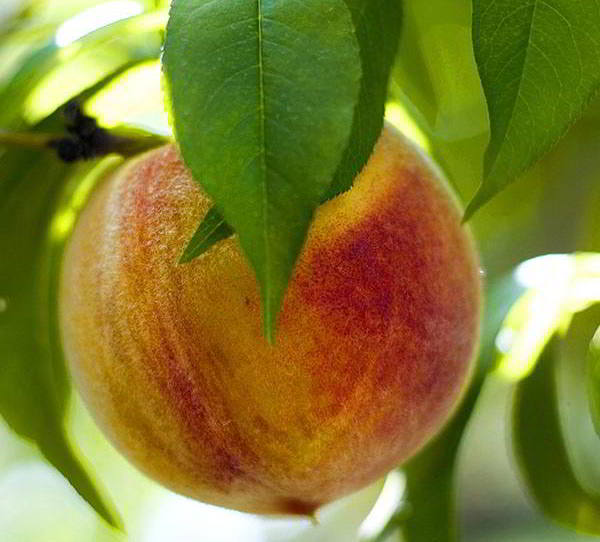
Hello! The Rote Sonne are delicious! Can the zest of the rinds be eaten? I read about the pesticides, but am wondering if the zest is safe to eat. Thank you.